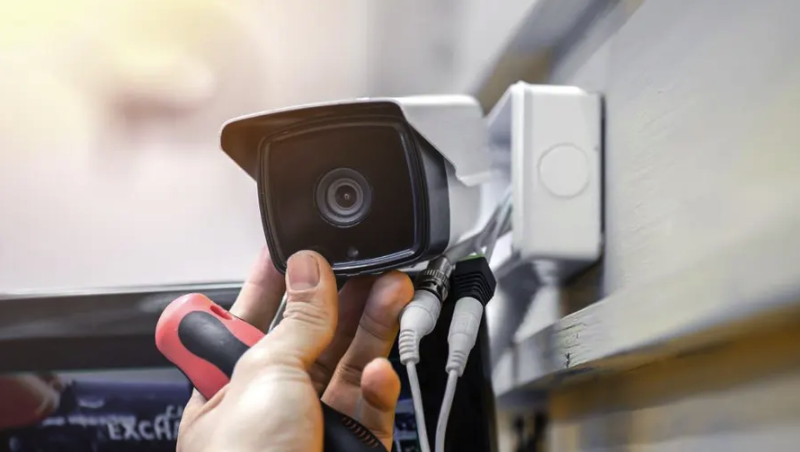In a world increasingly connected by smart home devices, the recent experiences of users like Heather Hines from Southern California have ignited a crucial discussion on the security and privacy risks associated with these technologies. Hines, a 24-year-old who installed seven Wyze security cameras in her home, became unwittingly entangled in a cybersecurity debacle when she discovered that her devices had gone offline momentarily, only to learn later that a breach had exposed videos and photos from thousands of Wyze customers to unintended viewers.
This incident underscores a broader issue plaguing the smart device industry, where gadgets designed to enhance home security and convenience inadvertently become conduits for privacy invasions. Despite the convenience offered by devices like security cameras and smart doorbells, their susceptibility to hacking and unauthorized access raises significant concerns about the trade-offs between technological advancements and user privacy.
Wyze’s response to the breach, which affected 13,000 accounts and allowed approximately 1,500 users to view content from other cameras, has been met with criticism for its lack of detailed communication and remediation for affected customers. This has led some, including Hines, to abandon the use of smart devices altogether, highlighting the growing distrust and apprehension among consumers regarding the safety of their personal data.
The security flaws inherent in these devices are not isolated to a single company but represent a systemic problem across the industry. Investigations by Consumer Reports revealed that many smart doorbells available on major retail platforms suffer from security weaknesses, making them easy targets for hackers. These devices, often produced inexpensively and lacking proper security measures, can jeopardize not just individual privacy but also the integrity of home networks and connected devices.
As the market continues to flood with smart home gadgets from various manufacturers, consumers are left to navigate a complex landscape where the benefits of convenience and innovation are pitted against potential risks to security and privacy. The incidents involving Wyze and other brands have prompted calls for more stringent regulations and accountability for manufacturers, emphasizing the need for secure product design and responsive action when vulnerabilities are discovered.
In the meantime, experts advocate for increased consumer vigilance and education. Recommendations include shopping from reputable brands with a proven security track record, securing home networks, and considering the necessity and placement of smart devices within the home to mitigate risks. As the industry evolves, so too must the strategies for ensuring that the conveniences of smart home technology do not come at the expense of user privacy and security.







